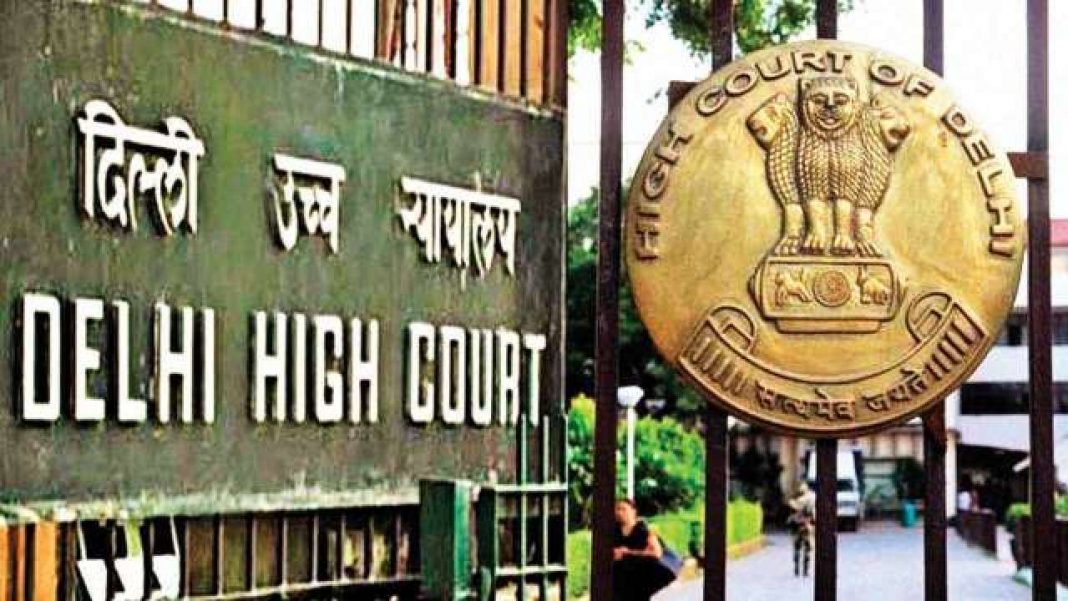A petition has been filed in the Delhi High Court by Advocate Ashwini Upadhyay seeking directions to the Central government and States to restrict cash transactions of Rs 10,000 and above on goods, products and services, purchased through online shopping platforms like Amazon and Flipkart.
Filed under Article 226, the petition further sought direction to the Union of India and state governments to restrict cash transactions on air ticket, rail ticket, electricity bill, LPG Bill, CNG Bill, Municipality Bill and other such bills of Rs 10,000 and above.
The plea claimed that the prayers sought in the PIL were a practical solution to control corruption, black money generation, money laundering, benami transactions and disproportionate assets.
It said corruption, black money generation and benami transactions had devastating effects on equality, justice, liberty, fraternity, dignity of individual, unity and national integration and fundamental rights guaranteed under Articles 14, 19 and 21.
The petition also sought directions to both the Centre and state governments to recall currency above Rs 100, link assets above Rs 50,000 with the Aadhaar card of an individual, confiscate 100 percent black money, benami property and disproportionate assets, besides sentencing looters to life imprisonment.
The plea also listed the benefits of taking such steps, stating that it would lead to adequate tax revenue for the Centre, States and Local Bodies, besides bringing transparency in the economy.
The steps would ensure a drop of around 10 percent in commodity prices, availability of loan at around five percent annual rate of interest and almost 10 percent reduction in construction costs, it added.
The petition claimed that this would help in controlling the terrorist and anti-national activities, weeding out of corruption and lead to cent percent subsidy benefits for the needy.
The steps would further ensure good infrastructure, social security and significant growth in agriculture industry and employment. It would shift the focus from tax manipulation to innovation, increasing the global competitiveness of Indian businesses.


